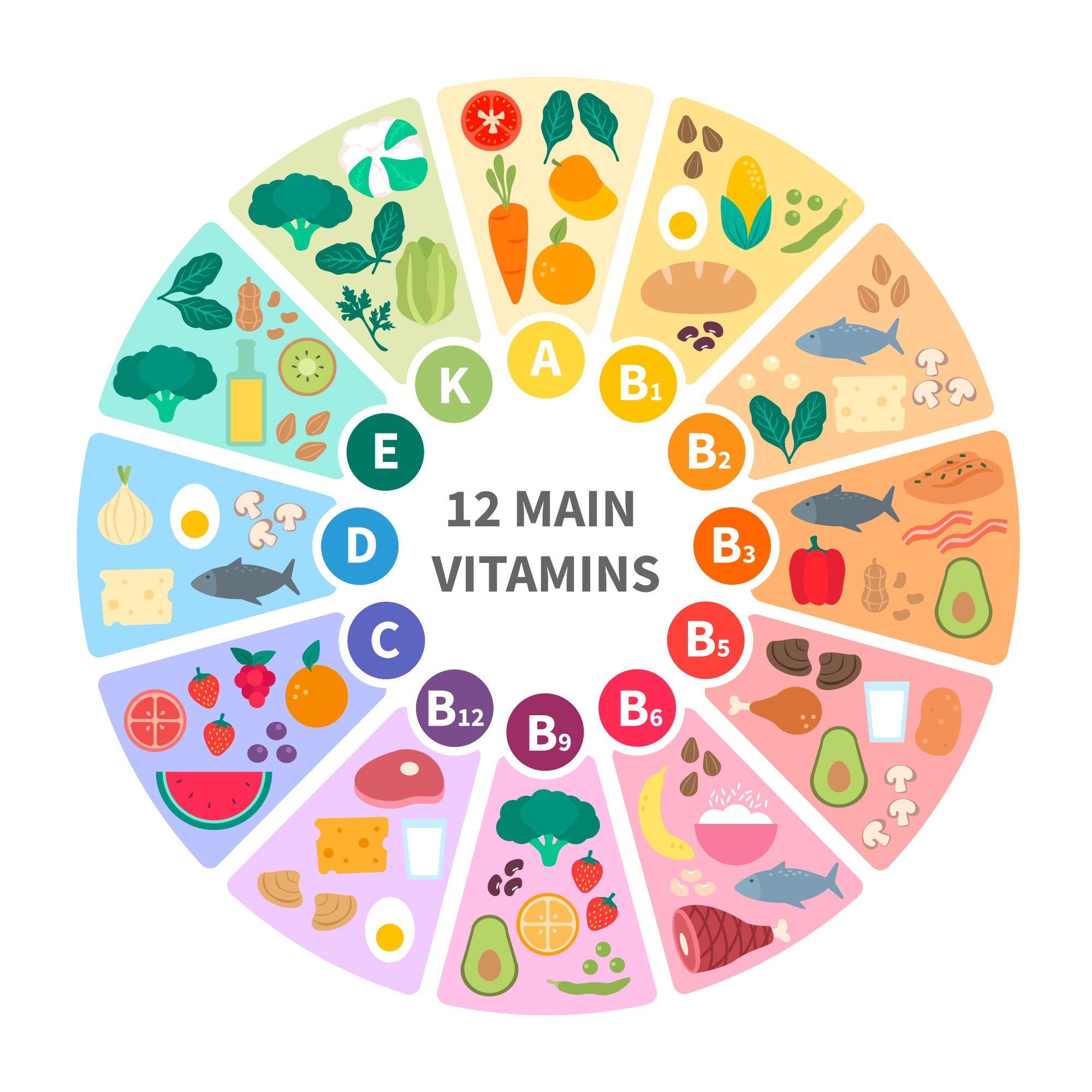Micronutrients play a central part in metabolism and in the maintenance of tissue function. An adequate intake therefore is necessary, but provision of excess supplements to people who do not need them may be harmful.
Single micronutrient deficiency states are comparatively easily recognised and treated. Subclinical deficiency, often of multiple micronutrients, is more difficult to recognise, and laboratory assessment is often complicated by the acute phase response. Clinical benefit is most likely in those people who are severely depleted and at risk of complications, and is unlikely if this is not the case. There is little evidence for supplements leading to a reduction in the incidence of infections in the elderly population, in coronary artery disease, or in malignant disease. The best evidence for benefit is in critical illness, and in children in developing countries consuming a deficient diet. More clinical trials are required with good clinical outcomes to optimise intake in prevention and treatment of disease.

Basic
Micronutrition
Basic Micronutrition delivers basic micronutrients in balanced combinations and adequate physiological doses by means of nutritional supplements. These micronutrients are essential for the correct cellular and metabolic functioning of the body, and therefore essential for life.
Basic Micronutrition means the supply of basic micronutrients in balanced combinations and adequate physiological doses by means of nutritional supplements.
These micronutrients are essential for correct cellular and metabolic functioning of the body, and therefore are essential for life. They are the raw materials used to build other molecules.
They do not interact with medications and can be administered to anyone regardless of age, gender or health status.
The basic micronutrients are the following: vitamins in their active or most bioavailable forms, bioavailable minerals, essential and conditionally essential fatty acids, essential and semi-essential amino acids, nucleotides and vitamin factors.
Specific Micronutrition is the supply of non-basic micronutrients, metabolites, enzymes, etc. for a particular and specific use by means of supplementation. These “extra” micronutrients may be necessary to control certain conditions or symptoms and to help maintain overall good health.
Specific Micronutrition means the supplementary supply of non-basic micronutrients, metabolites, enzymes and sometimes phytochemicals support, for a particular and specific use.
These “extra” micronutrients may be necessary to control certain conditions or symptoms and to help maintain good health.
Specific micronutrients should always accompany Basic Micronutrition, although they can also be taken on their own from time to time.

